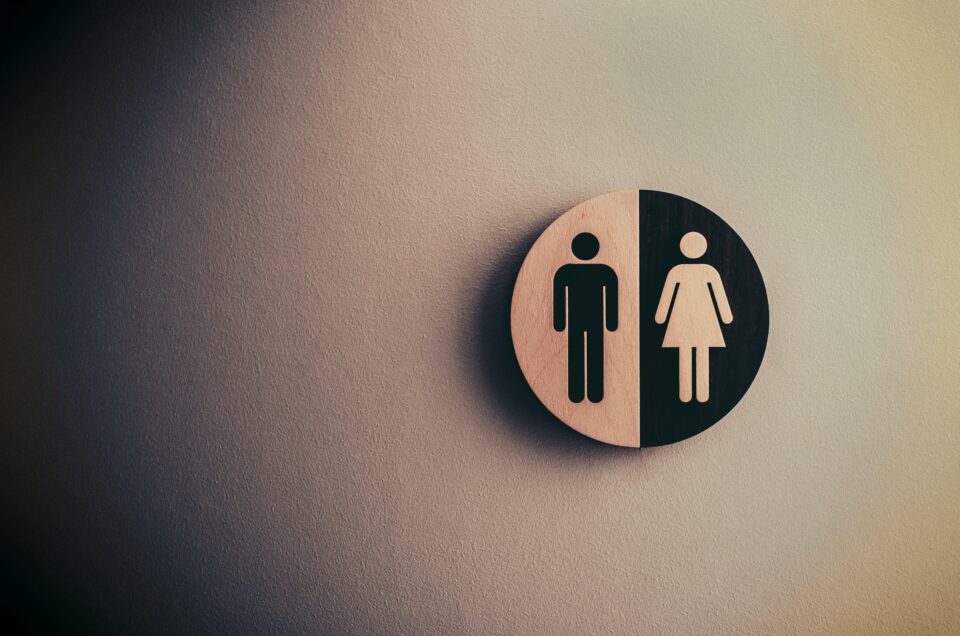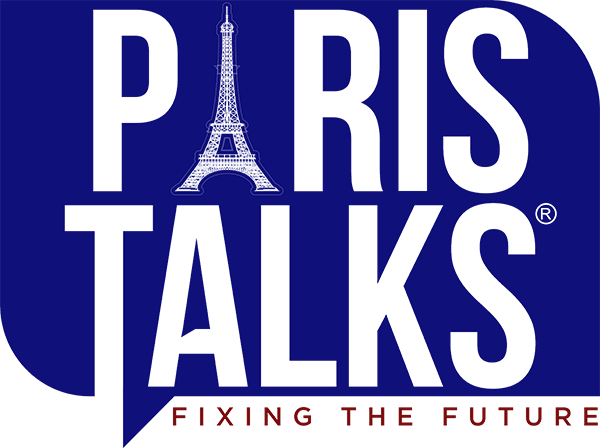The Ongoing Fight for Equality: What Paris Talks Taught Us

Think about your own life, or maybe scroll through the news for a few minutes. You’ll likely see stories – big and small – that hint at a persistent truth: despite progress, the playing field between genders isn’t level. This isn’t just about old-fashioned stereotypes; it’s woven into our systems, our beliefs, and even our daily interactions. Back in 2019, at the Paris Talks ideas festival at Unesco a humanitarian, thinker and women empowerment systems designer named Miren Bengoa, who led the Fondation CHANEL, guided a discussion on how we can truly fix this. Her insights from that day still feel incredibly relevant as we navigate 2025.Ms Bengoa and the participants weren’t just interested in surface-level changes. They asked a tough question: how do we fundamentally reshape our world to achieve genuine gender equality? Because let’s be honest, while we can point to more women in leadership or increased legal protections, the lived experience for many women and girls around the globe still tells a different story. The #MeToo movement, which was still fresh in many minds in 2019, ripped the curtain away, showing us just how widespread and deeply ingrained gender discrimination is – often in ways we didn’t even realize. Moving forward isn’t just about counting how many women have a seat at the table; it’s about changing the very shape of the table and who gets to decide what’s on the menu.Consider this: the OECD has a massive database called SIGI that measures how social norms and institutions create inequalities between men and women. Even with all the data they’ve collected, the stark reality in 2025 is that not a single country can proudly say they’ve achieved full gender equality. Think about the persistent gender pay gap. In many developed nations, women still earn roughly 80 cents for every dollar a man earns. This isn’t just about different job choices; studies consistently show that even when women have the same qualifications and do the same work, they often get paid less.
- The Power of Representation: Consider the impact of children’s literature. A recent study found that male characters are still significantly more likely to be featured in central roles than female characters. This lack of representation can subtly shape children’s perceptions of what is possible for them based on their gender. The push for more diverse and inclusive storytelling isn’t just about being “politically correct”; it’s about providing children with a wider range of role models and challenging limiting stereotypes from a young age.
- Beyond the Training Room: Think about a hiring manager who unconsciously favors male candidates for leadership roles, or a team that consistently interrupts female colleagues in meetings. These aren’t necessarily malicious acts, but they contribute to a workplace culture that isn’t truly equitable. Companies like Salesforce are taking steps beyond one-time training, implementing systems to track pay equity and promote diverse hiring panels to mitigate these biases.
- The Law and Everyday Life: Making Equality a Reality, Not Just a Rule
We’ve seen progress in laws that protect women and promote gender equality. But as the 2019 discussion highlighted, there’s often a big gap between what the law says and what actually happens in people’s daily lives. We need to bridge this divide.
- The “Motherhood Penalty”: Research consistently shows that women’s earnings often decline significantly after having children, a phenomenon known as the “motherhood penalty.” This isn’t solely due to taking time off; studies indicate that employers may unconsciously view mothers as less committed to their careers, leading to fewer opportunities and lower pay. Even in countries with strong legal frameworks for parental leave, these societal expectations can undermine women’s economic advancement.
- Challenging Harmful Narratives: Think about the pervasive stereotypes in media that often portray women in narrow and limiting roles. Organizations such as the Geena Davis Institute on Gender in Media are working to change these narratives, providing data and resources to the entertainment industry to promote more balanced and realistic portrayals of women. These efforts are crucial for shifting societal attitudes and creating a culture that values gender equality.
- Helping Everyone grow
Finally, the 2019 workshop emphasized the importance of creating opportunities that allow everyone, regardless of gender, to pursue their dreams and be their authentic selves. Too often, societal expectations box people in, limiting what they think they can achieve based on whether they’re a man or a woman.
- The Power of Role Models: Studies show that seeing successful individuals who defy gender stereotypes can significantly impact young people’s aspirations. Organizations like Girls Who Code and Black Girls Code are working to provide girls with role models and mentors in STEM fields, challenging the notion that these careers are “for boys.”
- The Future of Work is Flexible: Companies that embrace flexible work arrangements, like remote work options and shared parental leave, are not only attracting and retaining top talent but also creating a more equitable workplace. These policies allow both men and women to balance their careers with family responsibilities, challenging the traditional notion that women should shoulder the majority of caregiving.

